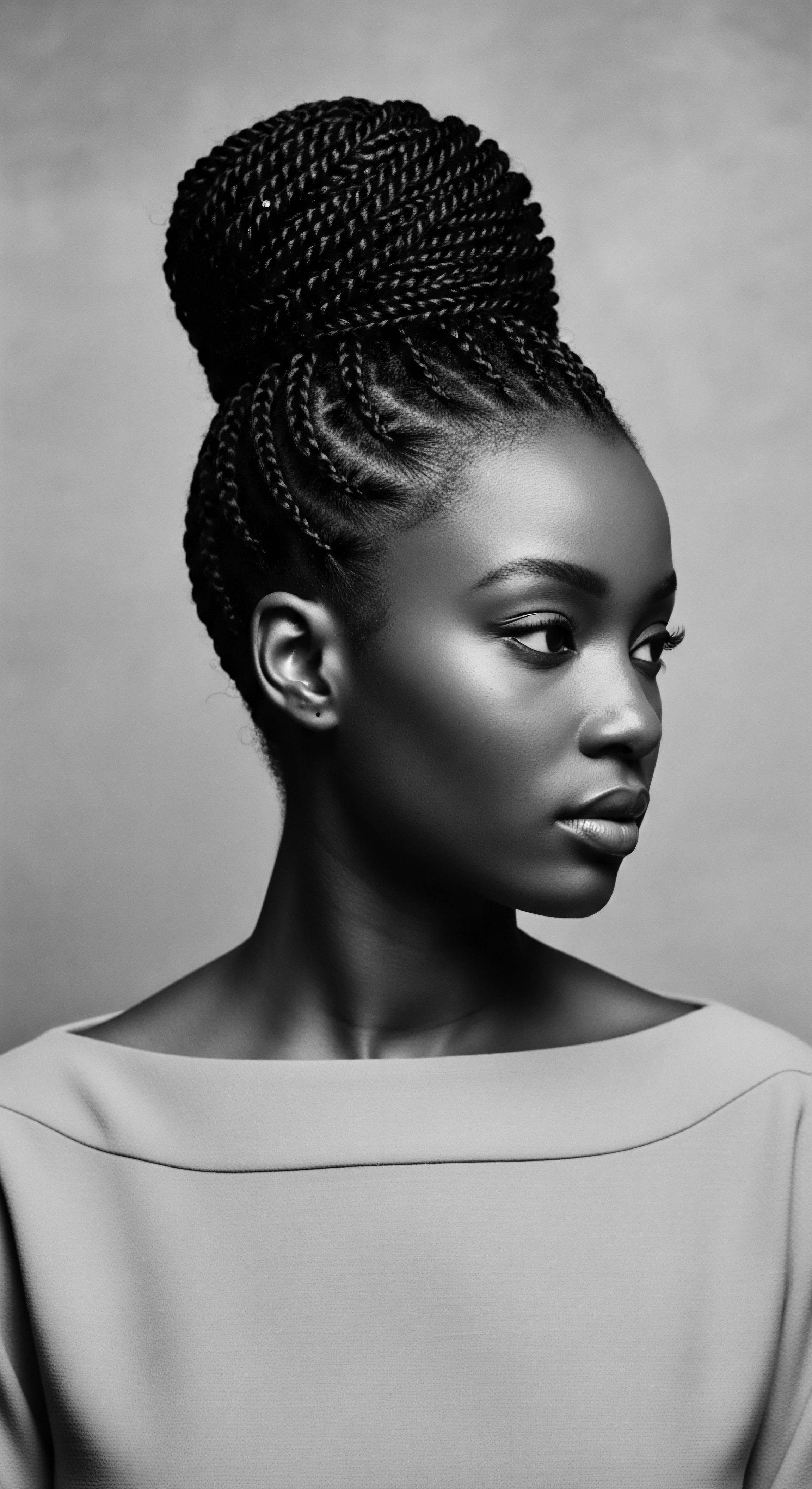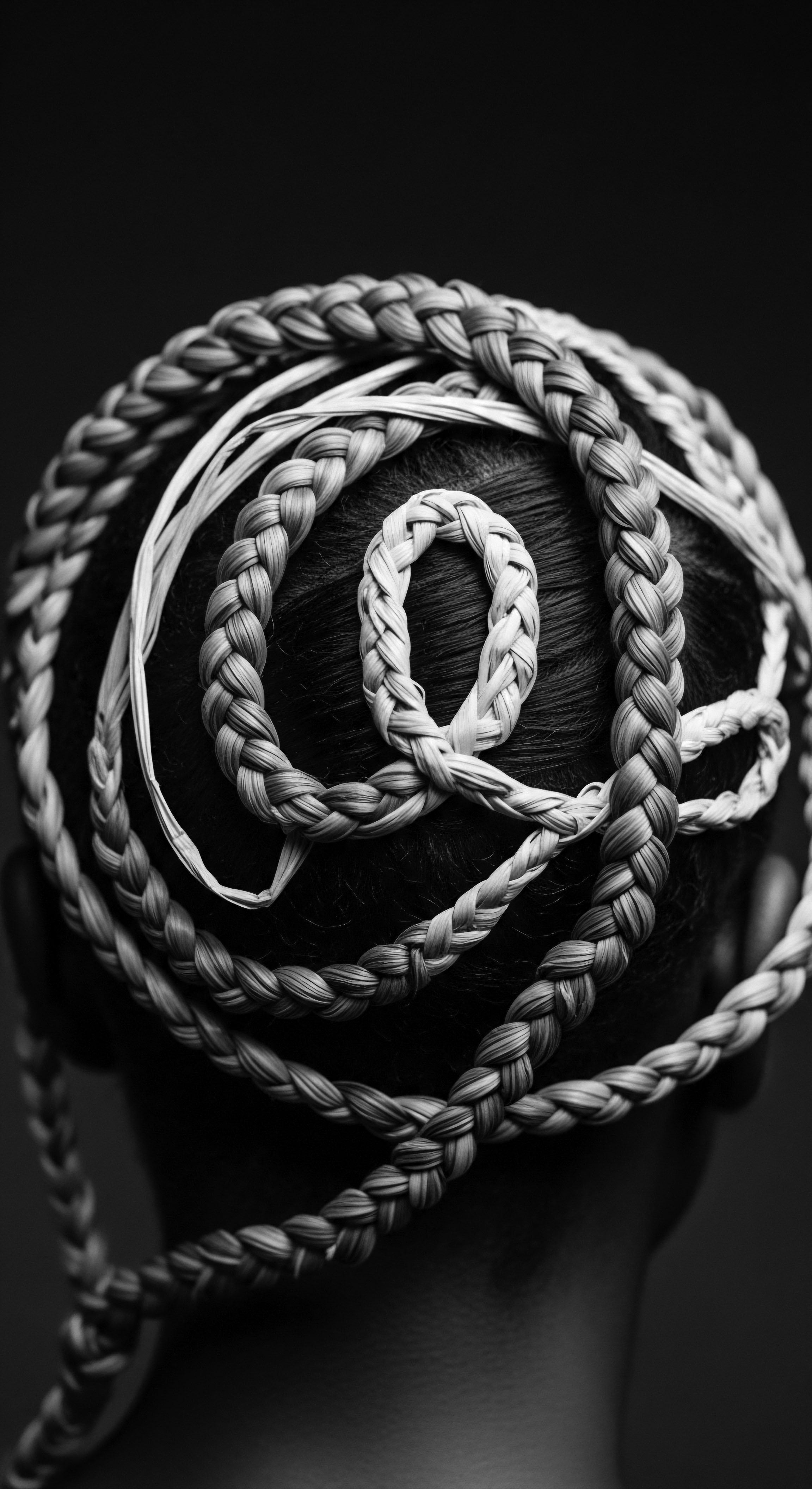
How Do Current Workplace Policies Influence Textured Hair Decisions?
Workplace policies often pressure textured hair conformity, challenging an individual's connection to heritage and cultural expression.
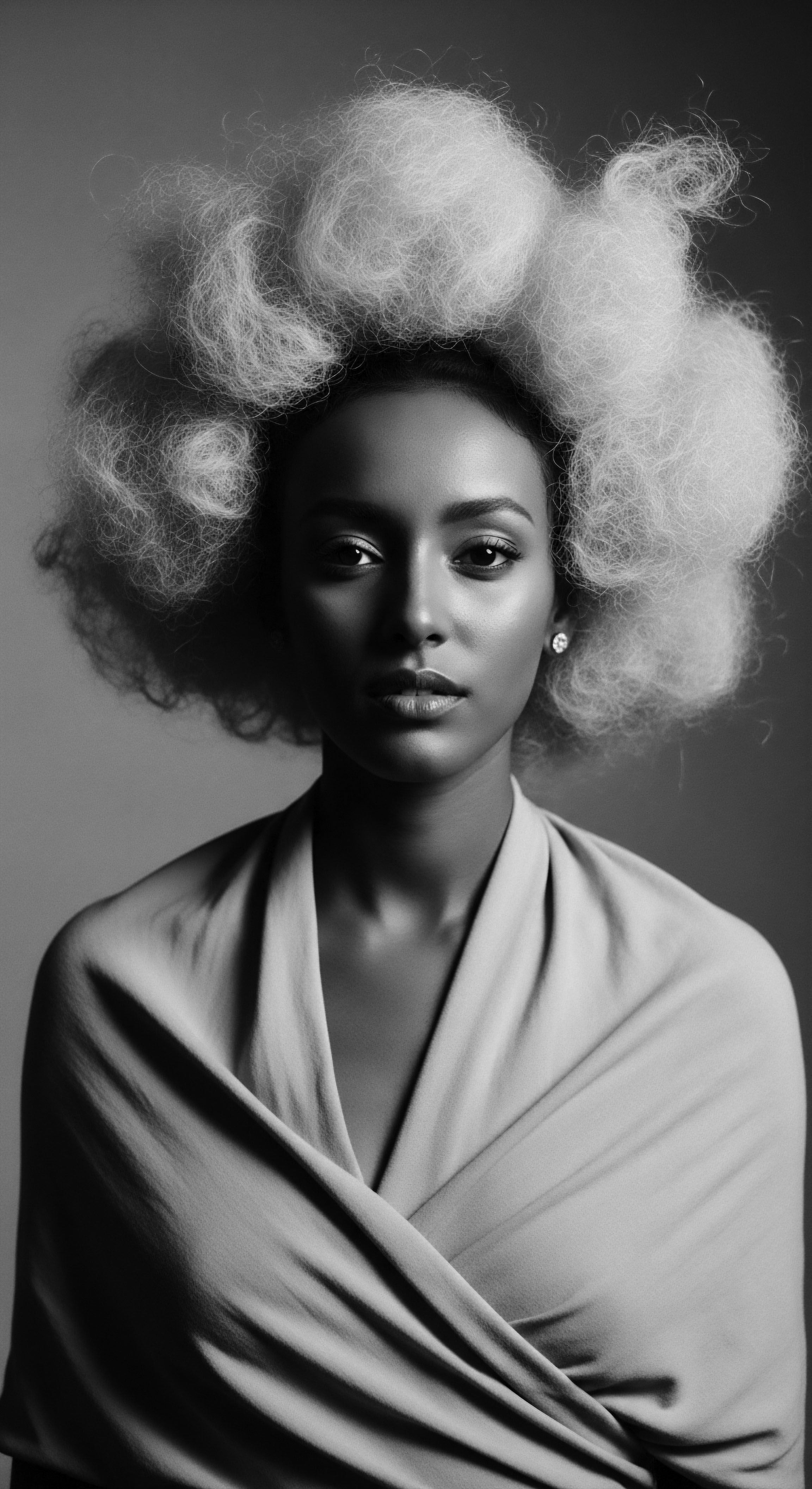
Racialized Hair Bias
Meaning ❉ Racialized Hair Bias is the systemic prejudice against textured hair, particularly affecting Black and mixed-race individuals, rooted in Eurocentric beauty standards.

Hair Aging Bias
Meaning ❉ Societal and unconscious devaluation of hair displaying characteristics of age, particularly amplified for textured hair due to racialized beauty standards.

Anti-Aging Bias
Meaning ❉ The Anti-Aging Bias is a societal inclination devaluing visible signs of aging in hair, profoundly impacting textured hair and its cultural heritage.
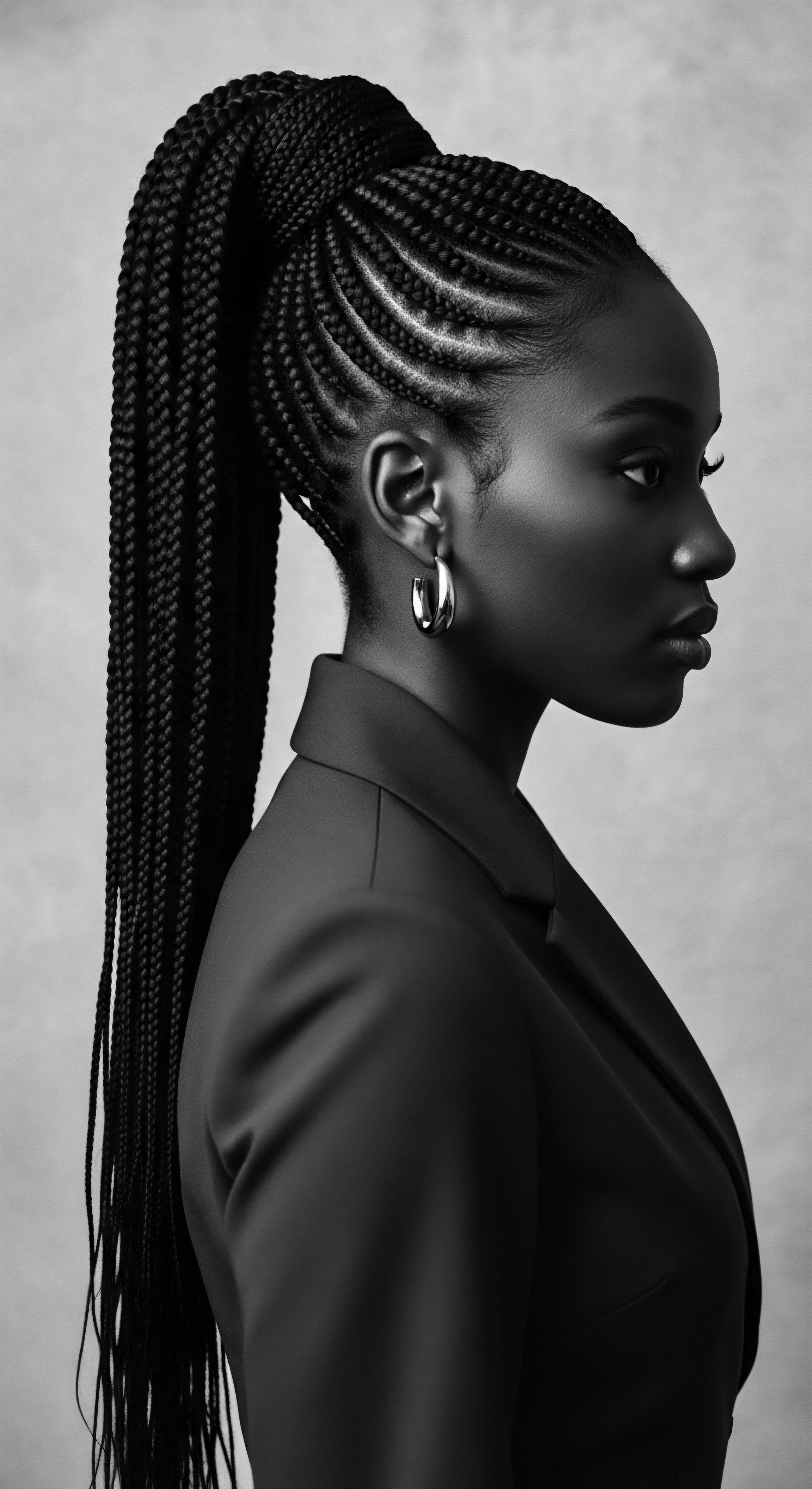
Why Do Professional Settings Often Exhibit Bias towards Textured Hair Appearances?
Professional bias against textured hair stems from deep historical roots, linking appearance to inherited social hierarchies.
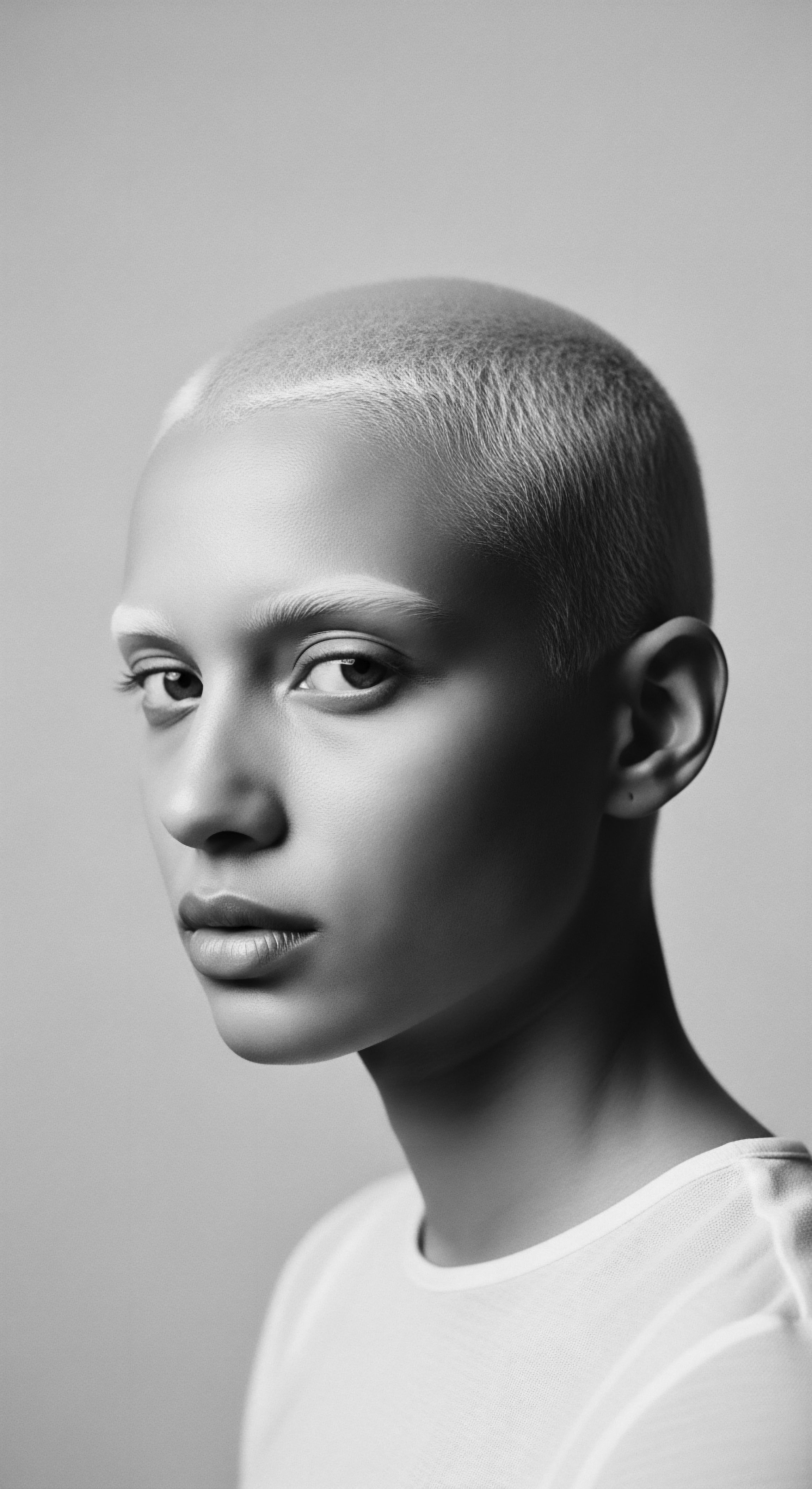
How Does Cultural Heritage Affect Workplace Appearance Rules?
Workplace appearance rules often reflect historical biases, compelling individuals with textured hair to navigate conformity while preserving their heritage.
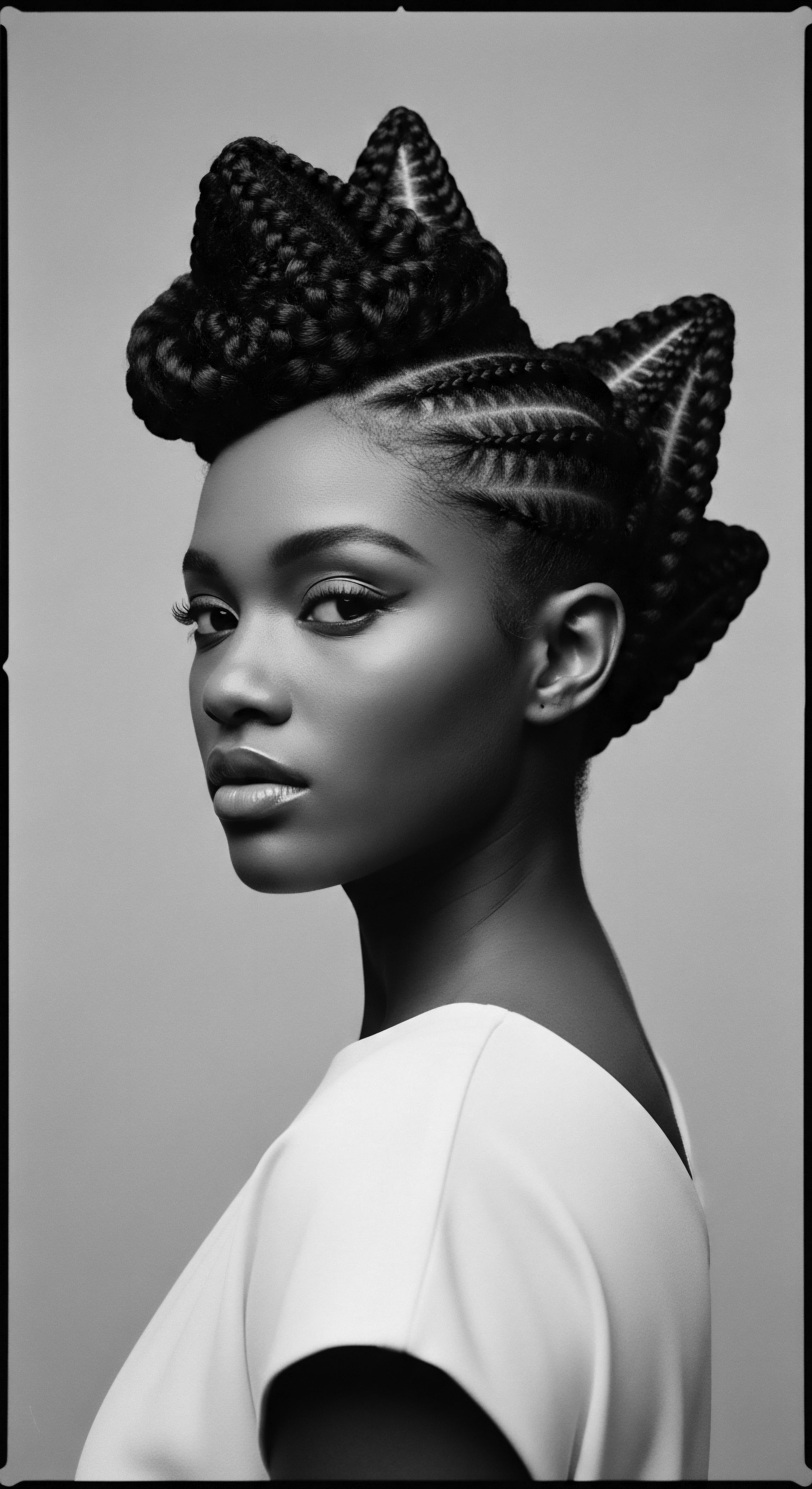
What Contemporary Laws Protect Textured Hair Heritage in the Workplace and Schools?
Contemporary laws, notably the CROWN Act, protect textured hair heritage by prohibiting discrimination based on natural hair texture and protective styles in schools and workplaces.
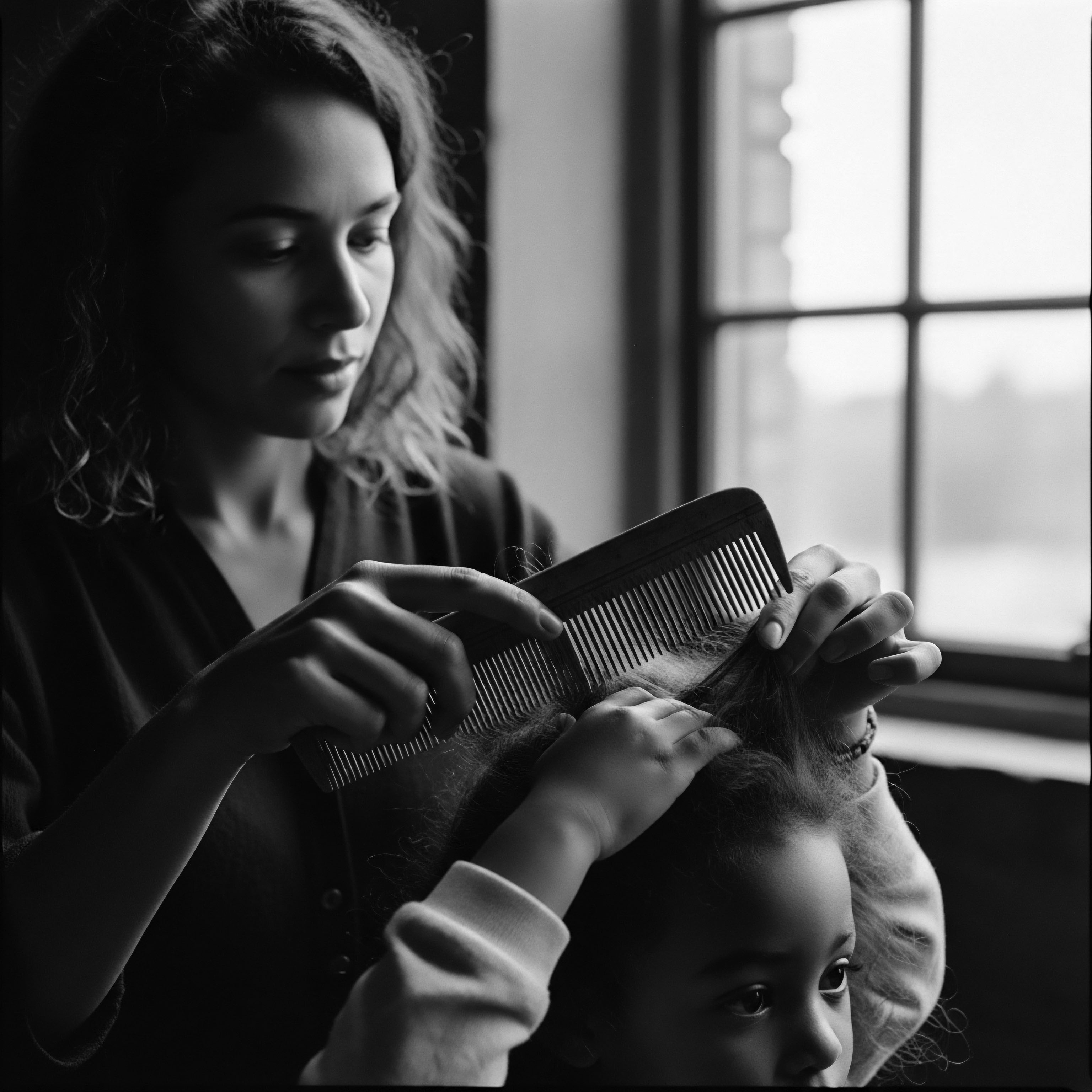
Can Workplace Hair Policies Still Cause Discrimination after the CROWN Act?
Workplace hair policies still cause discrimination by subtle bias and uneven enforcement, despite the CROWN Act's aim to honor textured hair heritage.
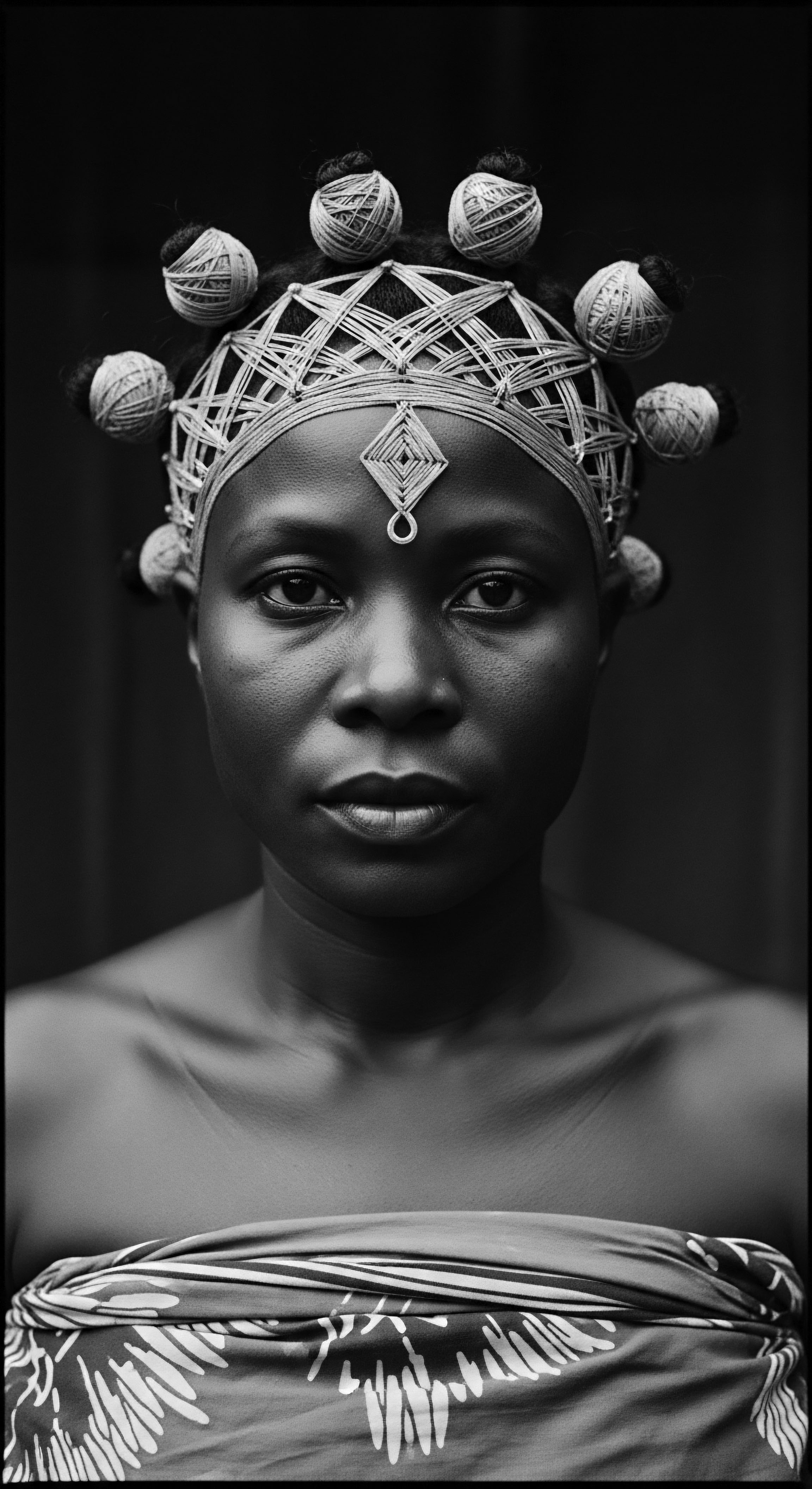
How Do Hair Classifications Reinforce Bias?
Hair classifications often reinforce bias by devaluing textures distant from Eurocentric ideals, undermining textured hair heritage and identity.
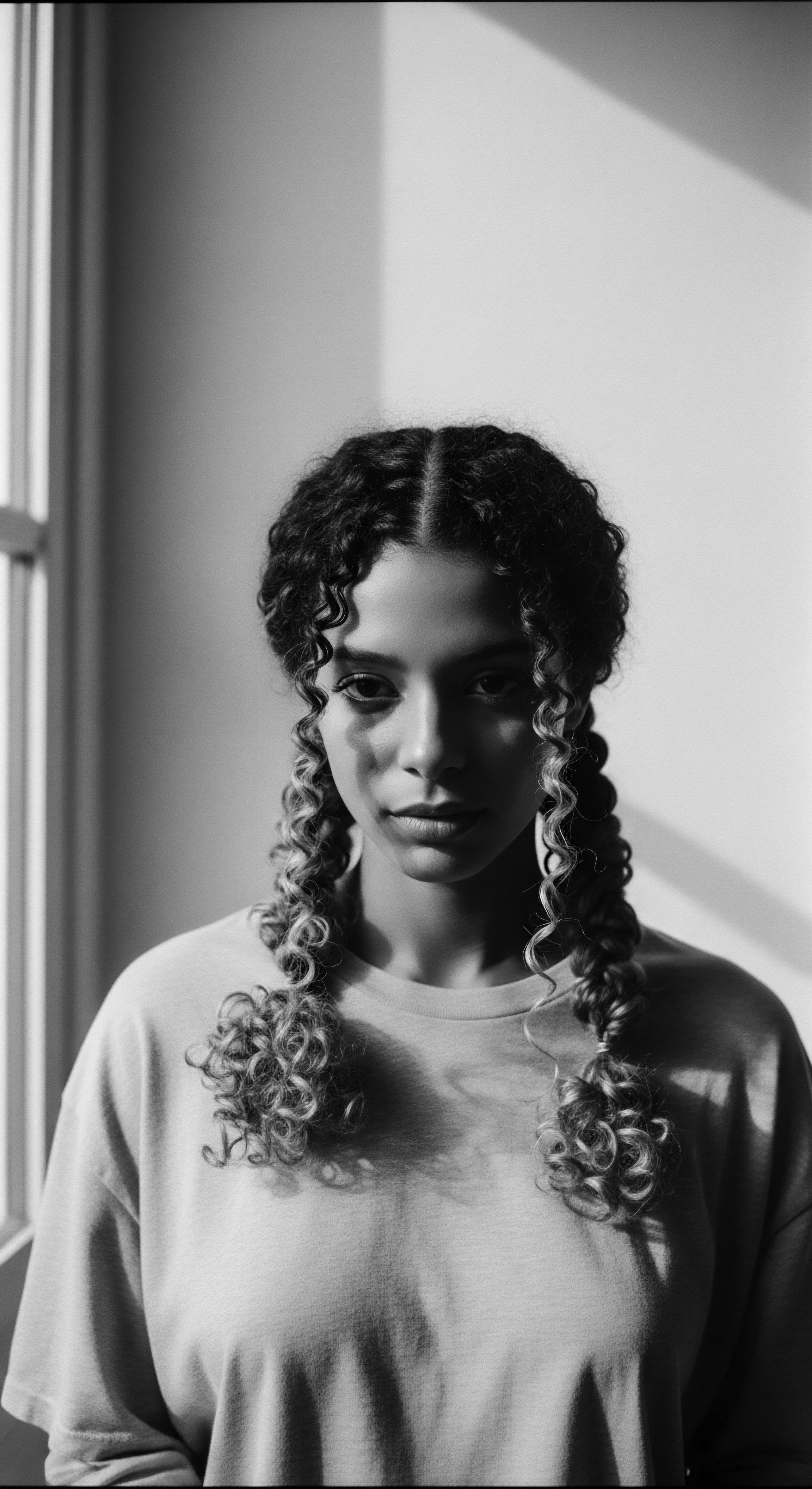
How Does Hair Bias Affect Black Identity?
Hair bias profoundly affects Black identity by devaluing textured hair, severing ancestral connections, and eroding self-worth, despite its rich heritage.
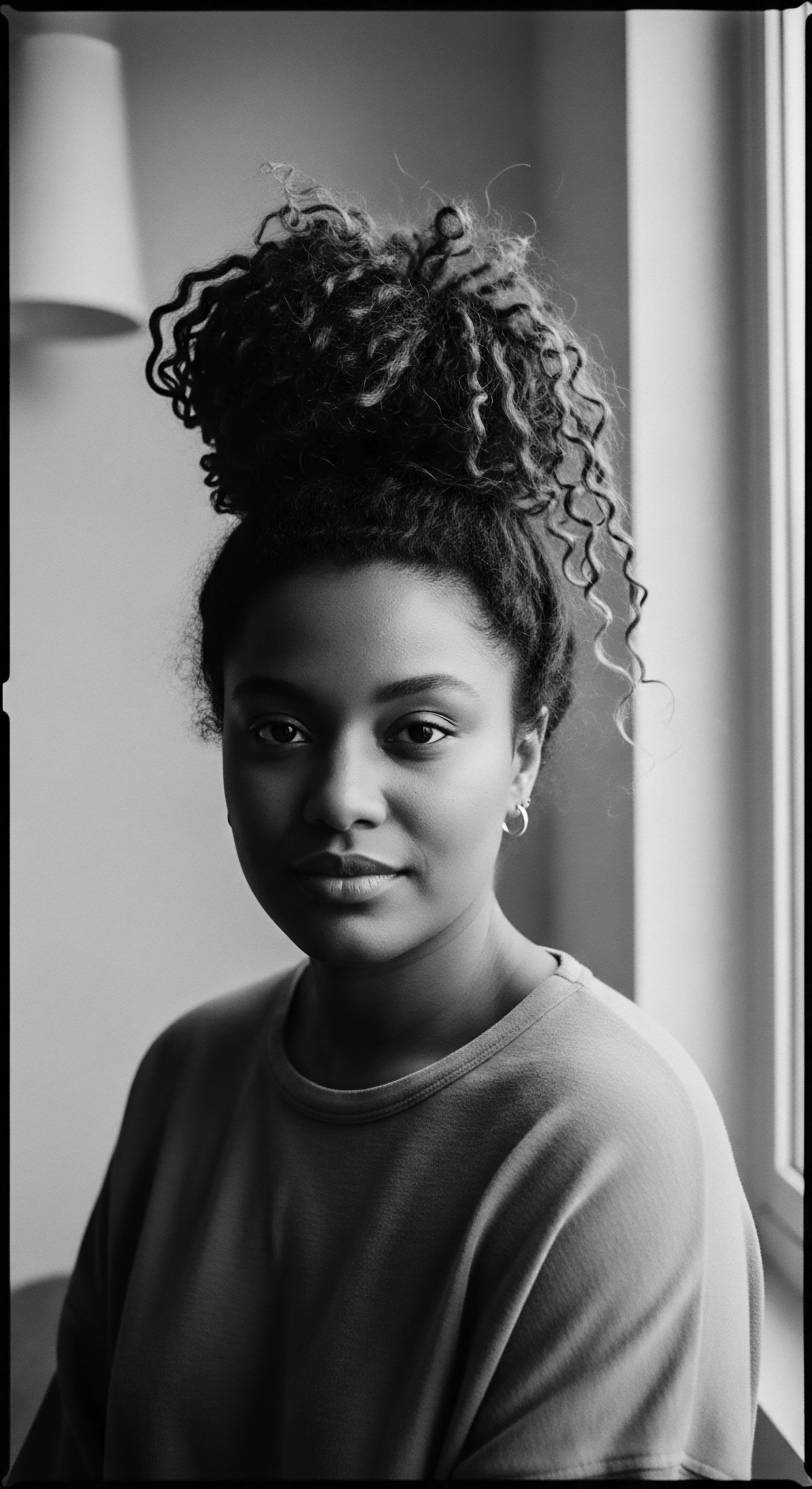
Workplace Appearance
Meaning ❉ Workplace Appearance is the professional presentation of self, deeply intertwined with the cultural heritage and historical experiences of textured hair.
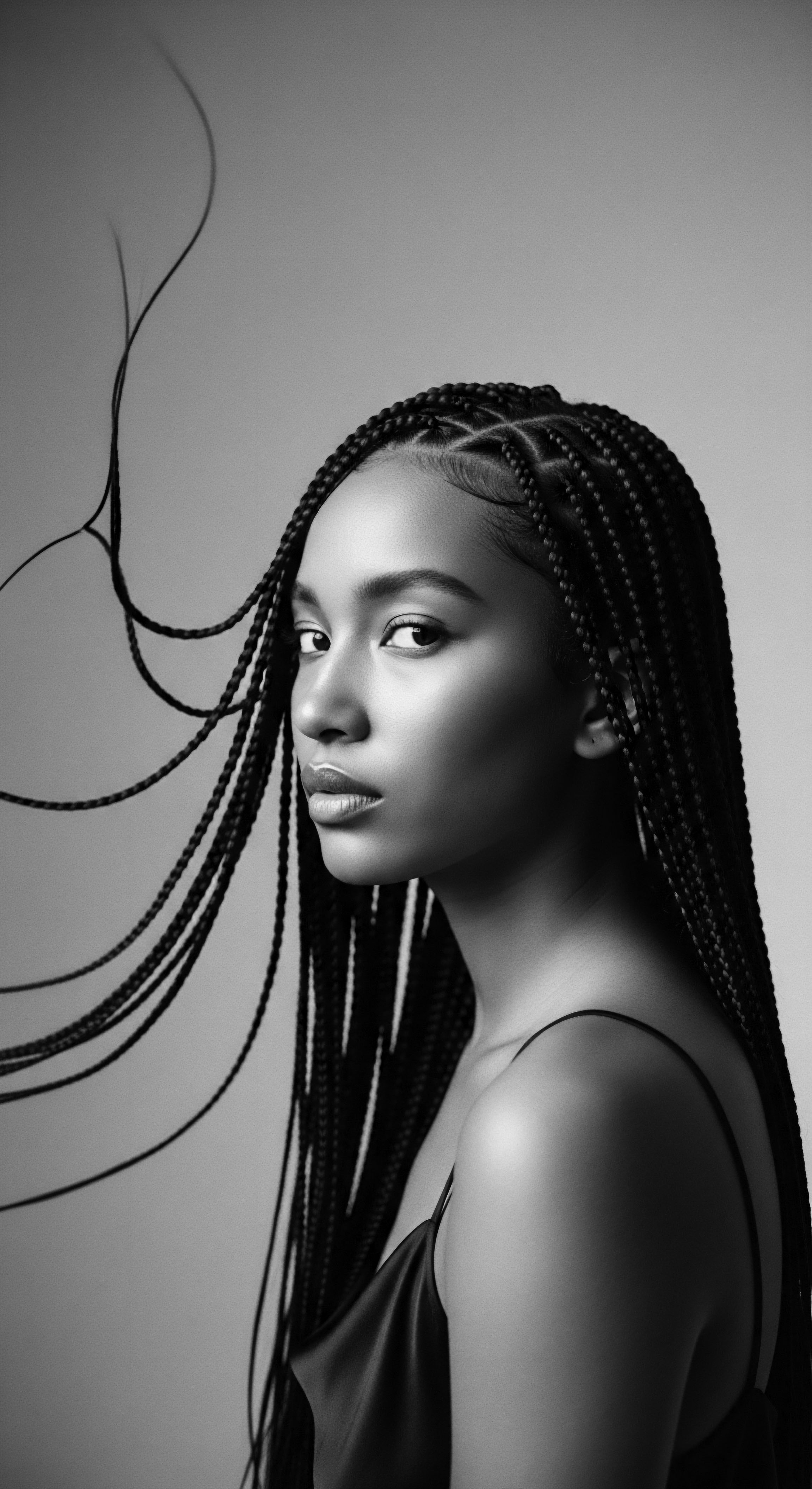
Can Textured Hair Be Seen as Professional in Modern Corporate Settings?
Textured hair can be professional, honoring ancestral heritage while contributing fully to modern corporate settings.

